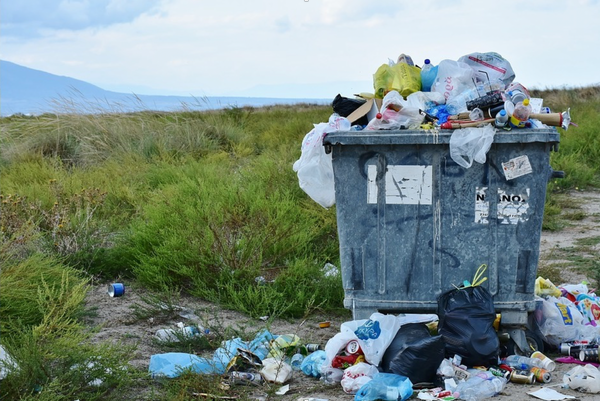Our Top 5 Changes to Reduce Waste
It’s no secret that we clearly need to foster a sustainable future if we don’t want to overload our planet with waste, and as ethical human beings, it is our duty to try to conserve for the sake of the environment. That means reusing, upcycling, and preserving as much as possible rather than discarding and replacing.
With these thoughts in mind, here are five everyday ways you can change to reduce your waste.

- Purchase Less
Every time you go to the store to buy that pack of paper towels or bottle of alcohol wipes, you are encouraging the replacement of non-reusable goods that are being mass-produced to be used once and then thrown into a growing trash heap. Wherever it is possible, try to either reuse your goods, or try to use less. For example, you may not need to use a full sheet of paper towel for a spot of water. You can rip it in half, or better yet, use biodegradable Superscandi cloths.
- Purchase Better
Although disposable wipes might seem like a quick and easy solution to cleaning up stains and spills, they are not biodegradable, and can easily clog up plumbing if not disposed of properly. Use washable cloths, or as an alternative to paper towels, try using easily-biodegradable bamboo cloths.
- Discard Less
Availability is nice, but we can become so used to it that we take for granted how easy it is to unconsciously waste things that may only cost us pennies but bear a much larger environmental cost. Conserving the goods you use for as many uses as possible will not only be a responsible move on curbing waste, but will also save you money in the long run.
- Buy in Bulk
There are numerous retailers who will allow you to buy the equivalent of three paper bags’ worth of sugar for a discounted bulk price packaged in one bag. This also goes for flour, spices, bouillon, vegetables, fruits, baking goods, and candy. Buying in bulk discourages the manufacture of use-once packaging and plastics.
- Recycle
The most obvious one, but the most important one, is saved for last. Recycling used goods whenever possible will always save on the environment, whether it’s bringing your used plastic bottles to a depot or washing out used plastic bottles and jars yourself for preserves and liquid storage.
Particularly in the case of plastics, materials should always be sparingly used and sparingly discarded. Fortunately, we are also awash in options and alternatives to messy environmentally unfriendly materials. These days, materials made of cork, bamboo, or washcloths made of biodegradable materials (like those manufactured by Superscandi) are available to reduce waste and costs.
Click here to learn more.
